Are you in the market for a loyal and affectionate dog breed that can easily adapt to your lifestyle? If so, you might want to consider the Sarabi dog breed. Sarabi dogs are known for their friendly, outgoing personalities and their ability to get along with other pets and children. Originating from Africa, these dogs were traditionally used for hunting and guarding purposes but have since become popular pets. In this article, we will explore the characteristics, temperament, and care requirements of the Sarabi dog breed to help you determine if this is the right pet for you.
Breed Category: Working
Country of Origin: Tanzania
Average Size:60-70 cm
Average Weight:30-40 kg
Average Life Span: 10-12 years
Grooming Requirements: Low
Exercise Requirements:High
History and Origin
The Sarabi dog, also known as the Persian Mastiff, is a large and powerful breed that originated in Iran. This breed has a long and fascinating history that dates back to ancient times. The Sarabi dog was originally bred for hunting and guarding purposes, and it was highly valued by the Persian nobility.
The exact origin of the Sarabi dog is not known, but it is believed to have descended from the ancient Molossian dogs that were used by the Greeks and Romans for hunting and fighting. The Sarabi dog was developed in the Sarab region of Iran, which is located in the northwest of the country. This region is known for its harsh climate and rugged terrain, which made it an ideal place for breeding strong and resilient dogs.
The Sarabi dog was highly prized by the Persian nobility, who used it for hunting large game such as wild boar and deer. The breed was also used as a guard dog, and it was known for its fierce loyalty and protective instincts. The Sarabi dog was so highly valued that it was often given as a gift to foreign dignitaries and royalty.
During the 20th century, the Sarabi dog faced a decline in popularity due to the introduction of modern hunting methods and the increasing use of firearms. The breed also suffered during the Iranian Revolution, when many dogs were killed or abandoned due to religious and cultural beliefs. However, a small group of dedicated breeders worked to preserve the Sarabi dog, and today the breed is slowly gaining popularity once again.
The Sarabi dog is a large and powerful breed that can weigh up to 200 pounds. It has a thick, dense coat that comes in a variety of colors, including black, fawn, and brindle. The breed is known for its intelligence, loyalty, and protective instincts, and it makes an excellent guard dog. However, due to its size and strength, the Sarabi dog requires a firm and experienced owner who can provide it with proper training and socialization.
In conclusion, the Sarabi dog is a fascinating breed with a long and rich history. Despite facing many challenges over the years, the breed has managed to survive and is slowly gaining popularity once again. The Sarabi dog is a loyal and protective companion that requires a firm and experienced owner, but for those who are willing to put in the time and effort,
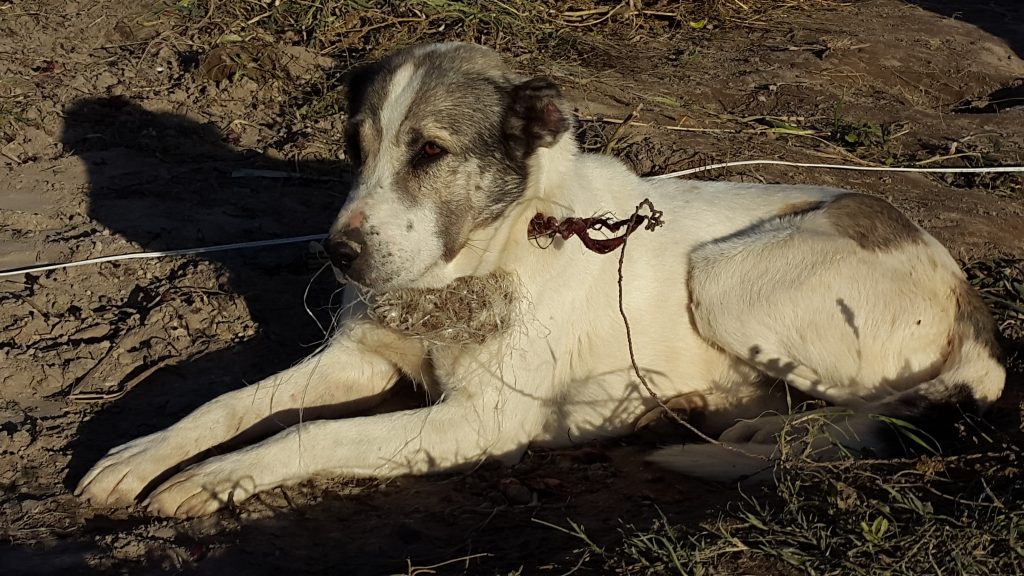
Size and Breed Category
The Sarabi dog is a large breed that is known for its impressive size and muscular build. These dogs can weigh anywhere from 50 to 80 kilograms and stand up to 70 centimeters tall at the shoulder. They have a broad chest, powerful legs, and a thick, dense coat that provides protection from the elements. The Sarabi dog is a working breed that was originally bred for hunting and guarding livestock. They are known for their loyalty and protective nature, making them excellent guard dogs. Despite their size, they are agile and quick on their feet, making them well-suited for a variety of tasks.
The Sarabi dog is a member of the mastiff family and is one of the largest breeds in the world. They are often compared to other large breeds such as the Great Dane and the Saint Bernard. However, the Sarabi dog is unique in its appearance and temperament. They have a distinctive, wrinkled face and a deep, booming bark that can be intimidating to strangers. Despite their size and strength, they are known for their gentle nature and affectionate personality towards their owners. The Sarabi dog requires a lot of exercise and space to roam, making them best suited for homes with large yards or rural areas. They are a rare breed and are not commonly found outside of their native region in Africa.
Fur Length and Colour
The fur of the Sarabi dog is typically long and thick, providing excellent insulation against cold weather. The fur is also quite soft to the touch, making it a pleasure to pet and stroke. The length of the fur can vary somewhat depending on the individual dog, but it is generally quite long, reaching down to the dog’s legs and sometimes even covering its paws. The fur is also quite dense, which helps to keep the dog warm in colder climates. In terms of colour, the Sarabi dog can come in a range of shades, from light cream to dark brown. Some dogs may have a mix of colours, with patches of white or black interspersed throughout their fur. Overall, the fur of the Sarabi dog is one of its most distinctive features, providing both warmth and beauty.
The colour of the Sarabi dog’s fur can vary quite a bit, but it is often quite striking. Some dogs have a solid colour throughout their fur, while others have a mix of colours that creates a unique and eye-catching pattern. The most common colours for Sarabi dogs are shades of brown, ranging from light tan to dark chocolate. However, some dogs may also have fur that is white, black, or a combination of these colours. The fur of the Sarabi dog is also quite shiny, which adds to its overall beauty and appeal. Whether solid or patterned, light or dark, the fur of the Sarabi dog is always a sight to behold.
Termperament and Trainability
Sarabi dogs are known for their high energy levels and playful nature. They are extremely social animals and thrive in environments where they can interact with their owners and other dogs. Due to their high energy levels, they require regular exercise and mental stimulation to prevent boredom and destructive behavior. Sarabi dogs are also highly intelligent and respond well to positive reinforcement training methods. They are quick learners and enjoy learning new tricks and commands. However, they can be stubborn at times and require a firm and consistent approach to training. Overall, Sarabi dogs make great companions for active individuals or families who are willing to provide them with the exercise and attention they need.
In terms of temperament, Sarabi dogs are generally friendly and affectionate towards their owners and strangers alike. They are not typically aggressive or territorial, but may bark to alert their owners of any perceived threats. Sarabi dogs are also known for their loyalty and devotion to their owners, and will often follow them around the house or yard. However, they may become anxious or nervous if left alone for long periods of time, and may exhibit destructive behavior as a result. It is important for owners to provide their Sarabi dogs with plenty of socialization and training from a young age to ensure they develop into well-adjusted and well-behaved adults.
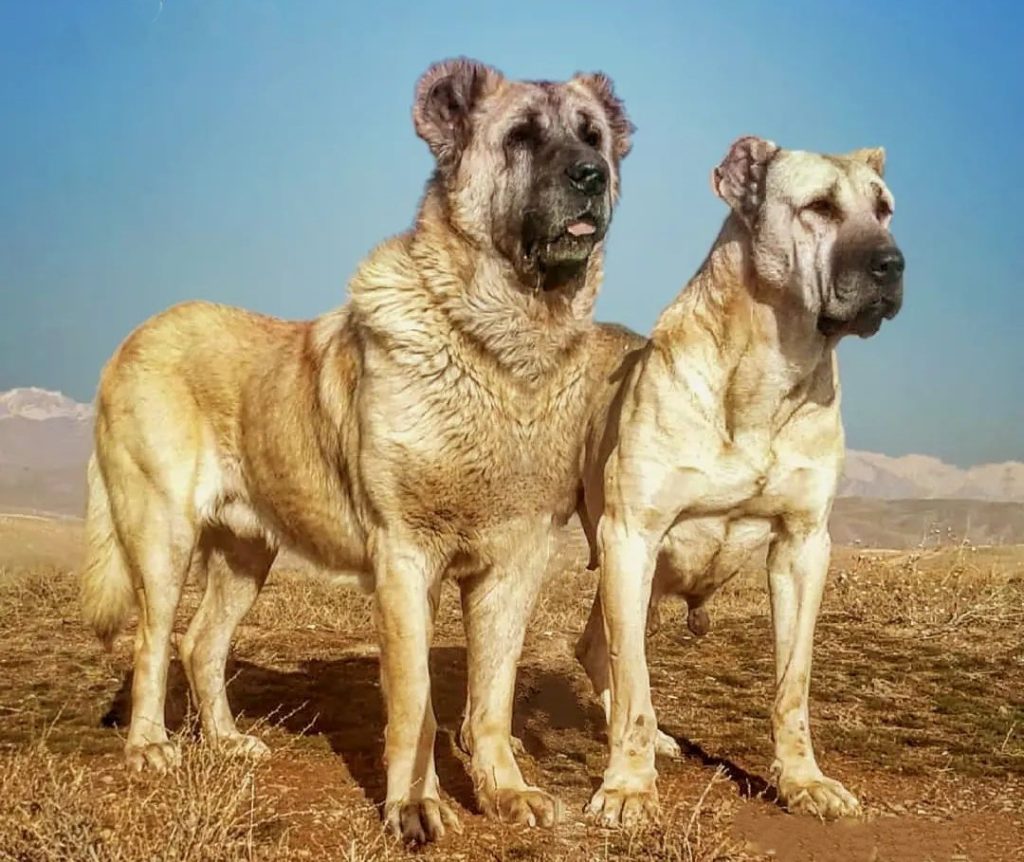
Known Health Conditions
Sarabi dogs are known to be prone to certain health conditions. One of the most common issues is hip dysplasia, which is a genetic condition that affects the hip joint. This can cause pain, lameness, and arthritis in the affected joint. Sarabi dogs may also be at risk for eye problems such as cataracts and progressive retinal atrophy, which can lead to blindness. Additionally, they may be prone to skin allergies and ear infections, which can cause discomfort and require ongoing treatment. It is important for owners of Sarabi dogs to be aware of these potential health issues and to work closely with their veterinarian to manage any conditions that may arise.
Another health concern for Sarabi dogs is obesity. These dogs have a tendency to gain weight easily, which can put them at risk for a variety of health problems such as diabetes, heart disease, and joint issues. It is important for owners to monitor their dog’s diet and exercise levels to ensure that they maintain a healthy weight. Sarabi dogs may also be prone to dental problems such as periodontal disease, which can cause pain, tooth loss, and other health issues. Regular dental care, including brushing and professional cleanings, can help prevent these problems and keep Sarabi dogs healthy and happy.
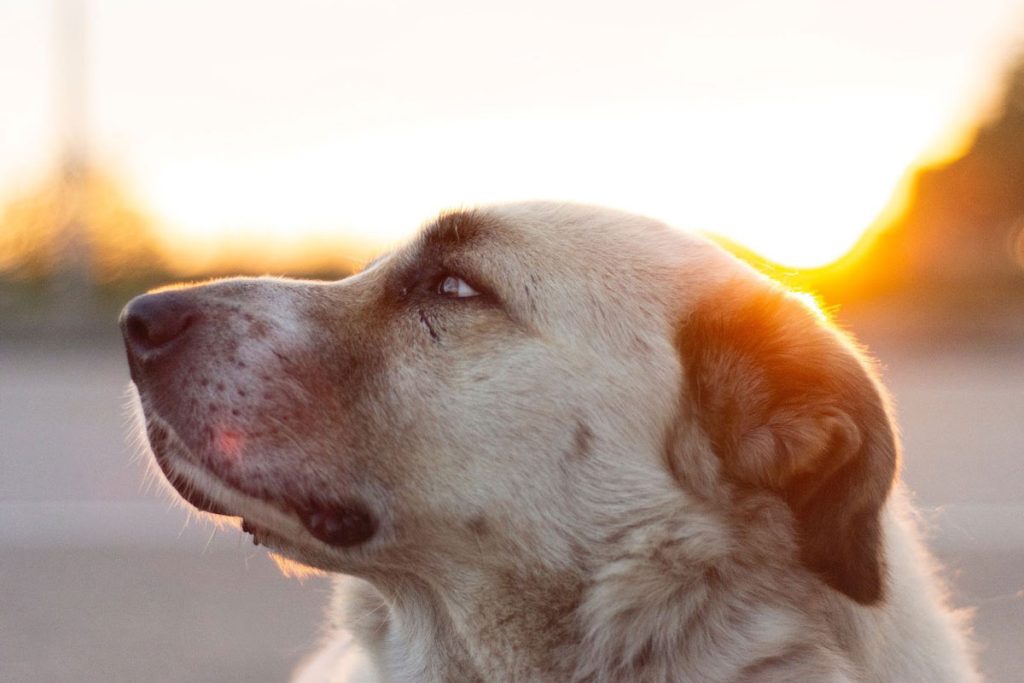
Openness to Strangers
Sarabi dogs have a reputation for being friendly and welcoming to strangers. They are known to approach new people with a wagging tail and a curious demeanor. This breed is not typically aggressive towards unfamiliar faces and is often described as being sociable and outgoing. Sarabi dogs are also known to be good with children and other animals, making them a popular choice for families. Their open and friendly nature makes them a great companion for those who enjoy meeting new people and exploring new places.
In addition to their friendly nature, Sarabi dogs are also known for their intelligence and trainability. They are quick learners and respond well to positive reinforcement training methods. This breed is often used as therapy dogs due to their calm and gentle nature, making them a great choice for those in need of emotional support. Sarabi dogs are also known for their loyalty and devotion to their owners, making them a popular choice for those looking for a faithful companion. Overall, the Sarabi dog is a friendly and intelligent breed that is well-suited for a variety of lifestyles.
Playfulness Level
The Sarabi dog is a highly energetic and playful breed that loves to engage in physical activities. They are known for their love of play and their ability to keep their owners entertained for hours on end. Whether it’s playing fetch, running around in the park, or simply chasing after a ball, the Sarabi dog is always up for a good time. They are also highly social animals and love to interact with other dogs and people, making them a great choice for families with children or other pets. Overall, the Sarabi dog is a fun-loving and playful breed that is sure to bring joy and laughter to any household.
Despite their playful nature, the Sarabi dog is also a highly intelligent breed that requires mental stimulation to stay happy and healthy. They thrive on learning new tricks and commands, and enjoy participating in activities that challenge their minds. This makes them an excellent choice for owners who are looking for a dog that is both fun-loving and intelligent. Additionally, the Sarabi dog is known for their loyalty and devotion to their owners, making them a great companion for those who are looking for a faithful and loving pet. Overall, the Sarabi dog is a highly playful and intelligent breed that is sure to bring joy and happiness to any household that welcomes them.
Suitability as a Pet for Children
Sarabi dogs have a friendly and affectionate nature, making them a great choice as a pet for children. They are known for their loyalty and protective instincts, which can make them excellent watchdogs. Sarabi dogs are also highly intelligent and trainable, making them a good fit for families who are willing to invest time and effort into their pet’s training. Additionally, their moderate energy levels mean that they can adapt well to both indoor and outdoor living environments. Overall, Sarabi dogs can make wonderful companions for families with children who are looking for a loyal and loving pet.
Exercise Needs
Sarabi dogs require a significant amount of exercise to maintain their physical and mental health. These dogs are highly active and energetic, and they need plenty of opportunities to run, play, and explore. A daily walk is not enough to meet their exercise needs, and they require additional activities such as running, hiking, or playing fetch. Sarabi dogs also benefit from mental stimulation, such as training sessions or puzzle toys, to keep their minds engaged and prevent boredom. Owners should be prepared to dedicate a significant amount of time and effort to meeting the exercise needs of their Sarabi dog.
Due to their high energy levels, Sarabi dogs are not well-suited to apartment living or sedentary lifestyles. They thrive in homes with large yards or access to open spaces where they can run and play freely. Owners should also be aware that Sarabi dogs have a strong prey drive and may be prone to chasing small animals, so they should be kept on a leash or in a securely fenced area when outside. Regular exercise is essential for the health and happiness of Sarabi dogs, and owners who are unable to provide adequate exercise may find that their dog becomes destructive or develops behavioural problems.
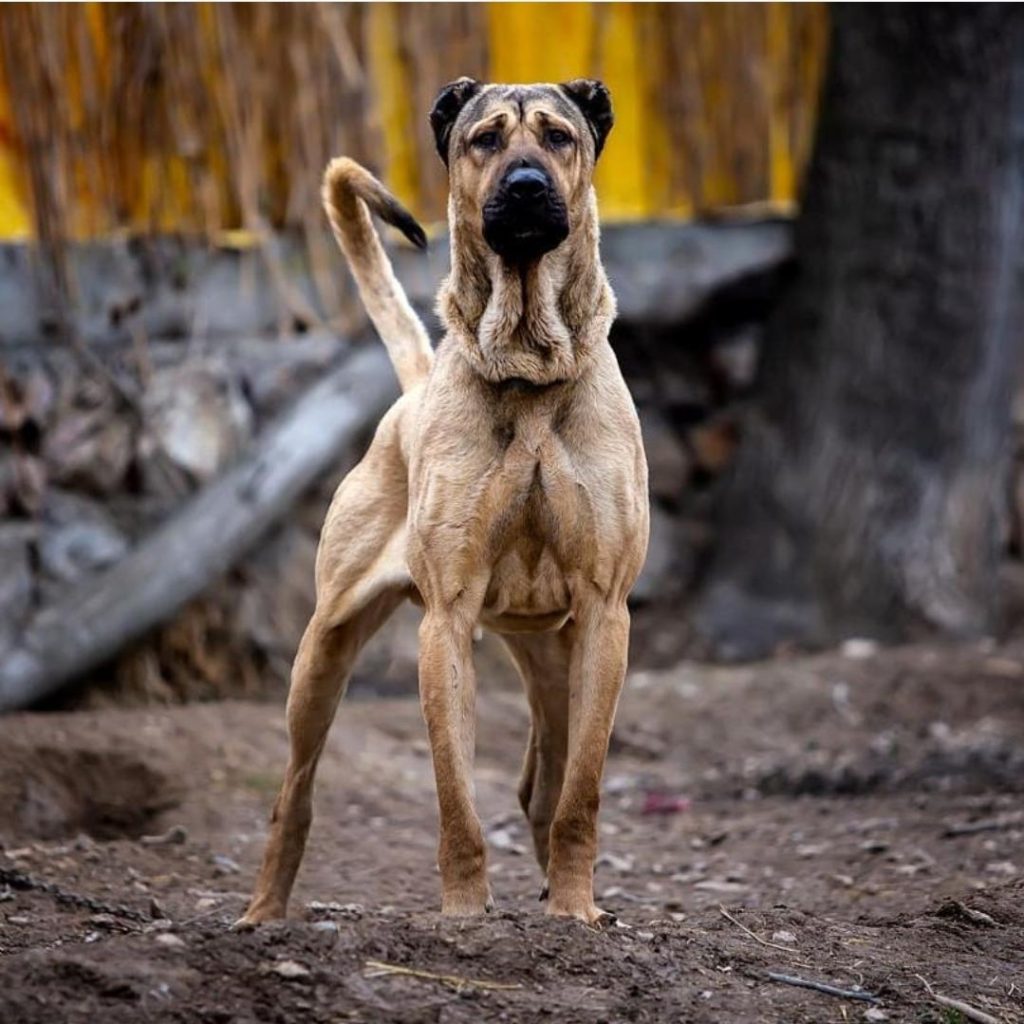
Suitability for a Multi-Pet Family
Sarabi dogs have a reputation for being friendly towards other pets. They are known to be sociable animals and enjoy the company of other animals. However, as with any breed of dog, it is important to introduce them to other pets slowly and carefully to ensure that they get along well. It is also important to supervise interactions between pets to prevent any potential conflicts. Overall, Sarabi dogs have the potential to get along well with other pets, but it is important to take the necessary precautions to ensure that they do so.
Housing Requirements
Sarabi dogs require a living space that is large enough to accommodate their active nature. They need a minimum of 30 square meters of space to move around freely. The space should be well-ventilated and have access to natural light. The flooring should be non-slippery to prevent any injuries to their paws. The living space should also have a comfortable sleeping area that is warm and dry. It is important to note that Sarabi dogs are social animals and require human interaction and companionship. Therefore, their living space should be located in an area where they can interact with their owners and other pets.
Sarabi dogs require a balanced diet that is rich in protein and essential nutrients. Their diet should consist of high-quality dog food that is specifically formulated for their breed. They require a daily intake of 2-3 cups of food, depending on their age and activity level. It is important to monitor their food intake to prevent obesity, which can lead to health problems. Sarabi dogs also require regular exercise to maintain their physical and mental health. They need at least 30 minutes of exercise daily, which can include walks, runs, or playtime in a secure area. Regular exercise helps to prevent obesity, improves their cardiovascular health, and reduces stress levels.
Summary
Sarabi dogs have a reputation for being loyal and affectionate companions. They are known for their intelligence and are easily trained, making them a good choice for families with children. They are also adaptable to different living situations, whether it be in a small apartment or a large house with a yard. However, they do require regular exercise and mental stimulation to prevent boredom and destructive behavior. Overall, the Sarabi dog can make a great pet for the right owner who is willing to provide them with the attention and care they need.
Sarabi Dog FAQS
Sarabi dogs are intelligent and trainable, but they can be stubborn at times. Consistent and positive training methods are recommended.
Yes, Sarabi dogs are known for their protective nature and make excellent guard dogs.
Yes, Sarabi dogs are known to be gentle and protective of children.
Sarabi dogs are generally healthy, but they may be prone to hip dysplasia and bloat. Regular vet check-ups are recommended.
Yes, Sarabi dogs have a thick coat and shed moderately throughout the year.
The cost of owning a Sarabi dog can vary depending on the breeder and location, but it can range from $1000-$5000. Ongoing expenses such as food, vet care, and grooming should also be considered.
Sarabi dogs require at least 1-2 hours of exercise daily to stay healthy and happy.
Sarabi dogs can grow up to 70-80 cm in height.
The average weight of a Sarabi dog is between 40-60 kg.
The average lifespan of a Sarabi dog is 10-12 years.

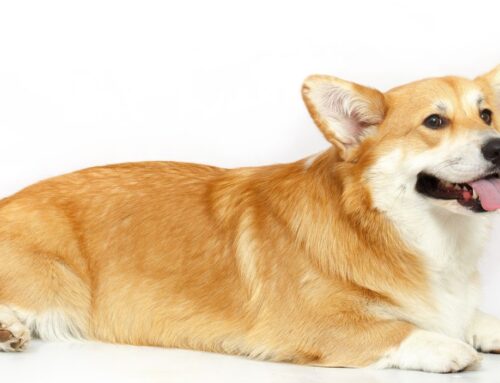
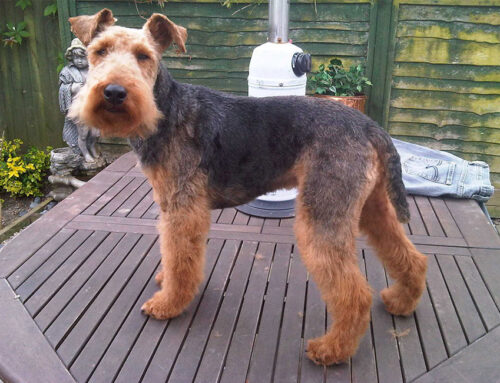
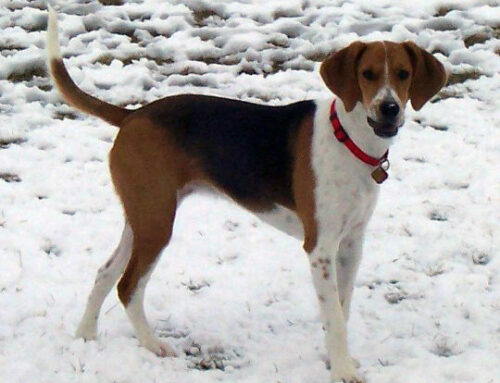
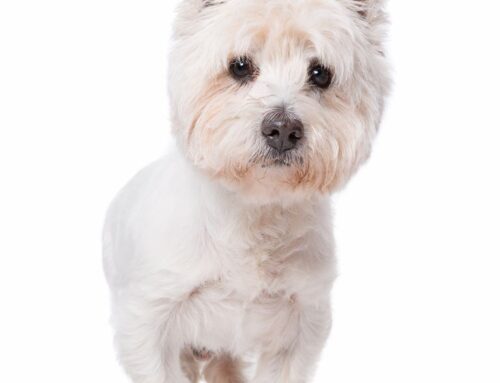
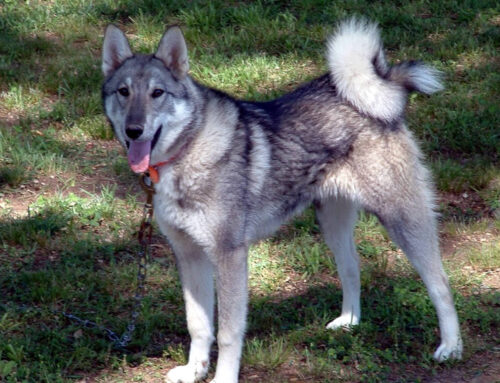
Leave A Comment